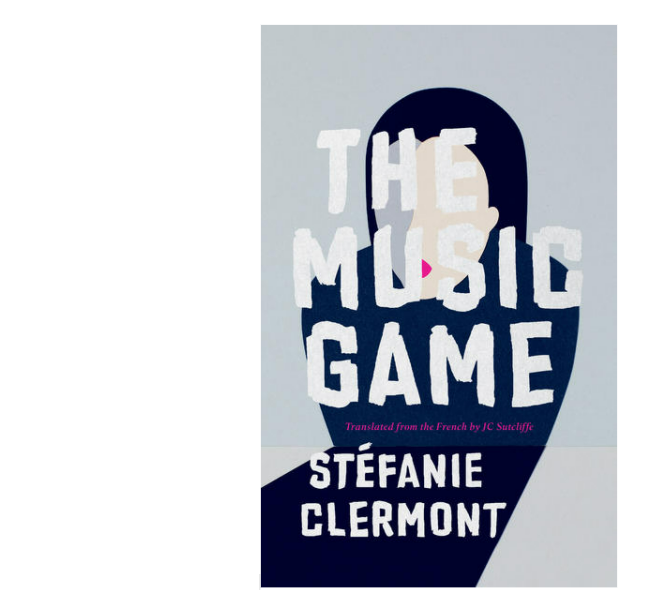Transitioning into adulthood is never an easy feat; it comes with the anxiety of an uncertain future in a world of independence and responsibility that is still unfamiliar. The English translation of Stéfanie Clermont’s debut novel The Music Game, released on Feb. 8, perfectly captures the dread of being stuck in the awkward in-between phase that is young adulthood.
Originally published in 2017 as Le jeu de la musique, Clermont’s novel won the Quebec Arts Council’s prize for a new work by a young artist in 2017, the acclaimed Ringuet Prize of the Quebec Academy of Arts and Letters in 2018, and the Adrienne Choquette Prize for short stories in 2018. Born and raised in Francophone Ontario, Clermont spent her early 20s traveling around Canada and the United States before settling in Montreal.
Clermont’s nomadic experience inspired her novel’s main character, Sabrina, who finds herself lost in her adulthood as she puts down roots in Montreal after years of travelling around North America. From her childhood spent in Ottawa with her best friends Céline and Julie to her adulthood working minimum-wage jobs in Montreal, Sabrina navigates life with relatable incertitude.
As both a novel and short story collection, The Music Game’s structure is what sets it apart. Each chapter tells a self-contained story from the point of view of someone within Sabrina’s inner circle, be it a long-lost friend or a neighbour. Hitchhiking from perspective to perspective, the narrative voice, like the main character, travels from Ottawa to Montreal—with a quick detour to an anarchist commune in Oakland, California.
The beauty of The Music Game is its familiarity: Each story relates emotions and adventures that are relatable and relevant to the Franco-Canadian millennial experience. The stories perfectly capture the struggle of a generation forced into activism during the 2012 Quebec student’s protests, and how the abrupt ending of the protests left Quebecois young adults hungry for social change. Clermont’s reflection on activism is skillfully nuanced, exploring both the hopefulness and cynicism that often come with political engagement.
The novel covers a broad range of social issues without belittling any of them. Each narrator navigates distinct, but interrelated topics, touching on socio-economic struggles, racism, mental health struggles, and sexism. One of the recurring characters is Sabrina’s best friend Céline, a white upper-class graduate student who perfectly encapsulates the practice of performative activism. Vincent, another member of Sabrina’s friend group, is a tragic figure who hides his depression and suicidal thoughts behind a know-it-all façade. Other characters only appear for a chapter or two, like Céline’s neighbour Cassandra, a survivor of domestic violence, and her roommate Kat, a single mom who experiences constant racist microaggressions. The novel’s main theme, the hardships that accompany the transition into adulthood, ties these stories together while respecting the plurality of characters’ diverse, intersectional experiences.
The strength of The Music Game lies in its impeccably realistic characters. Despite the many narrators whose voices come and go, each has a defining personality and distinct style, making the reader feel as if they’ve known them for years.
While the English translation may lack certain subtleties of Franco-Canadian patois, The Music Game remains a compelling read for all non-French speakers who wish to plunge into Clermont’s world. It is a perfect introduction to millennial Quebecois culture, and filled with fun easter eggs for those already familiar with it.
A previous version of this article incorrectly spelled the author’s last name, Clermont, and the book’s title, The Music Game. The Tribune regrets these errors.









